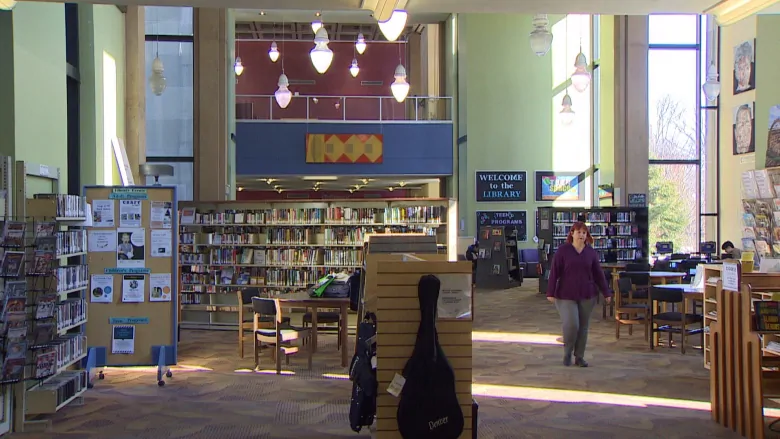We’re answering your questions about the pandemic. Send yours to COVID@cbc.ca and we’ll answer as many as we can. We’ll publish a selection of answers every weekday online, and also put some questions to the experts during The National and on CBC News Network.

We’re answering your questions about the pandemic. Send yours to COVID@cbc.ca and we’ll answer as many as we can. We’ll publish a selection of answers every weekday online, and also put some questions to the experts during The National and on CBC News Network. So far we’ve received more than 38,000 emails from all corners of the country.
How safe will it be to borrow library books?
Jan A., a librarian and school teacher in Vancouver, wonders how to make sure books are safe to be loaned out and returned once libraries reopen.
“I currently have over 1,000 books signed out to students,” she writes. “I’d like to know if the virus could be present on returning library books. Some of the books are paperback, and some of the books have mylar or laminated plastic covers.”
According to Dr. Colin Furness, an infection control epidemiologist and assistant professor at the University of Toronto, the precautions for books should be the same as anything else you come into contact with.
“Book borrowing is a bit like grocery shopping,” said Furness. “You are touching items and bringing them into your house. We can’t wash or boil books, obviously. So, the thing to do is to clean your hands after touching them before touching your face, and to let them sit for 24 hours.”
“The virus on a book should be completely inactive after 24 hours,” Furness said.
Coronaviruses are most commonly spread via respiratory droplets generated when an infected person coughs or sneezes, or by close, prolonged personal contact, such as touching or shaking hands.
“Libraries are not usually crowded but they do get a lot of traffic over the course of the day, so I would have hand sanitizer with me and I’d use it after touching anything, such as door handles,” Furness said.
The most important thing to remember, he says, no matter where you are or what you’re dealing with, is to not touch your face and to keep good hand hygiene.
“Touch matters a lot,” he said. “Any time you’re not 100 per cent sure in the age of COVID, be mindful of w

